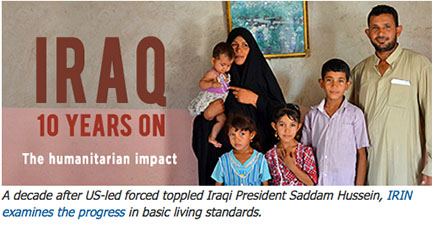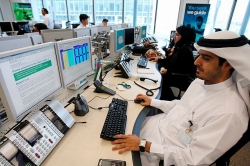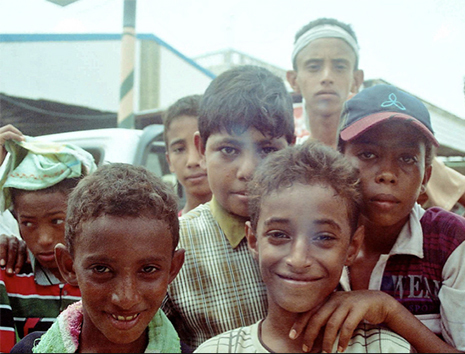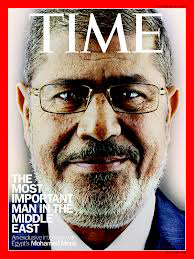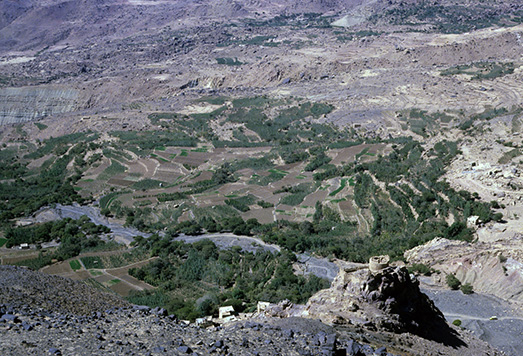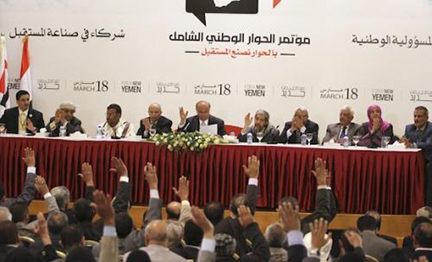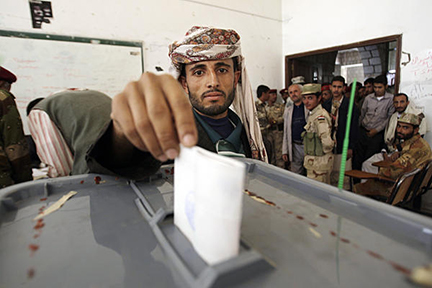
Yemeni man voting; photo by Hani Mohammed/AP
By Samira Ali BinDaair, Sanaa, Republic of Yemen
This essay is an attempt at shedding some light on the relationship between democracy, Islam and the Western world and in the process dispelling some of the misconceptions about the chasm between Islam and democracy. It is nowhere easy for the entire society to have unanimity on any given issue let alone such a complex one as what constitutes good governance and the best political system to be adopted. The Arab world has tried it all but I would like to point out that any system when transplanted and adopted without the necessary conditions for its success is bound to fail, leading to the condemnation of the system rather than analysis of the causes of failure in implementation.
Democracy as a pure concept
I would like to start with the concept of democracy which some Muslims have rejected on the basis of its emanating from the West within secular governments and secular ideas. However, if one examines the concept in its pure form it simply means rule of the people by the people for the people. To demystify it further, what it simply boils down to is that people have a voice in national affairs and choice of their leader and by virtue of the same fact are able to remove the leader through general consensus and legal means if the leader proves to be incapable of living up to the responsibilities entrusted to him/her. Continue reading Democracy … the West … and Islam: Part One
